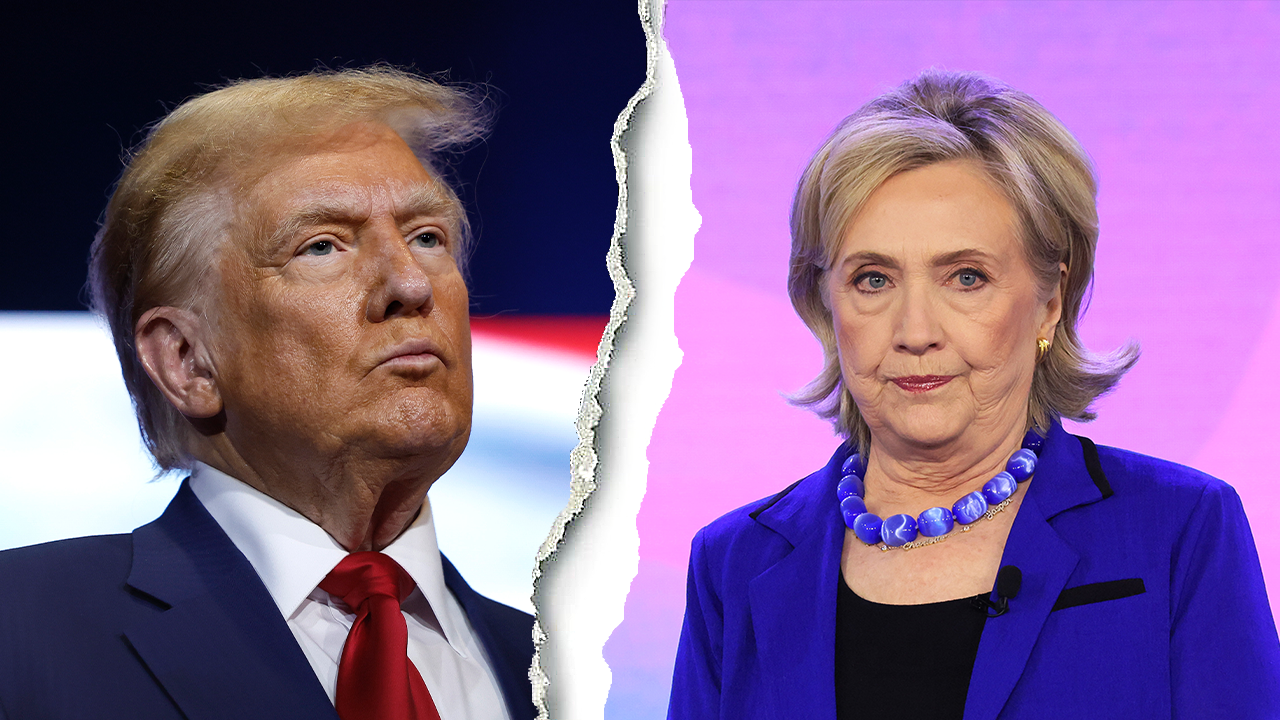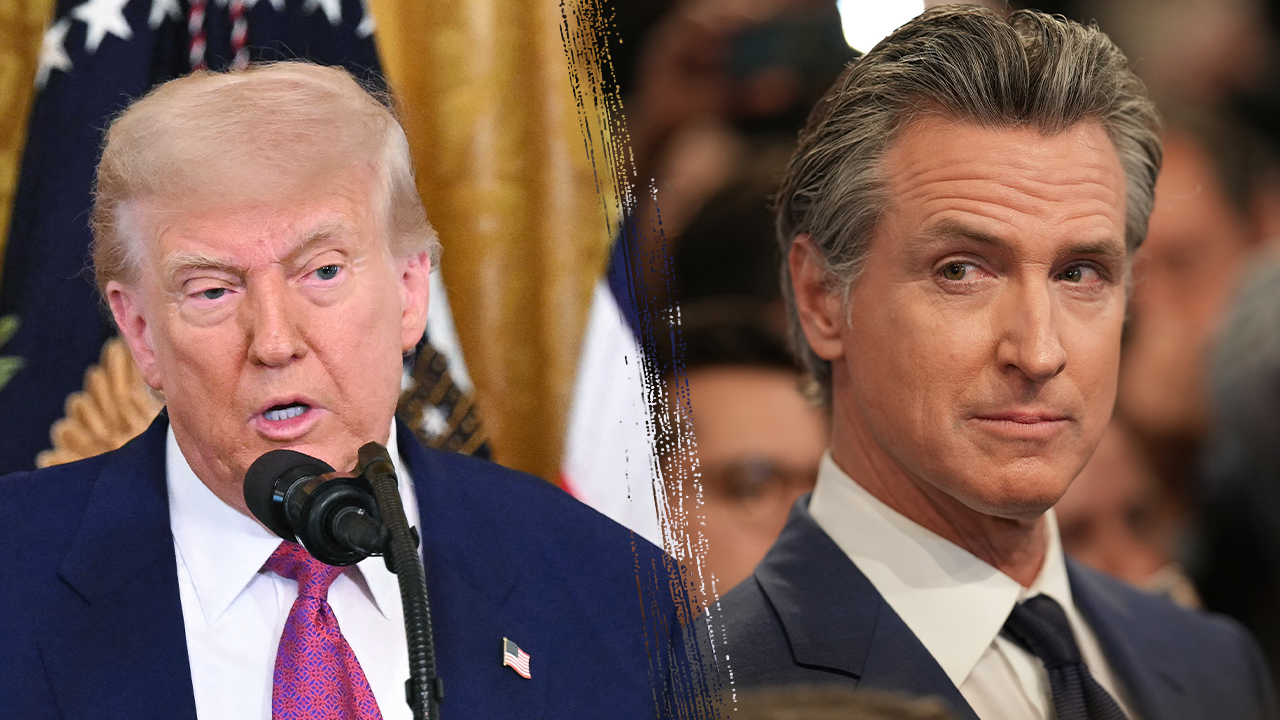Trump vs Musk: Case for keeping business and politics separate - Part 3
Both men should recognise that even past collaborations between top political and business minds—such as Reagan and Grace, or Clinton and Gore—fell short of achieving the kind of transformational government efficiency they envisioned. Their failure should offer some perspective and encourage both Trump and Musk to de-escalate their conflict and move beyond their mutual frustration over their unmet goals.
Following their fallout, Tesla’s stock has taken a significant hit. As of last Thursday, it’s reported that Tesla has lost up to $150 billion in market value over the last six months. Meanwhile, Musk’s businesses have reportedly benefited from up to $34 billion in U.S. government contracts—support that could be jeopardised if the feud with Trump continues.
This raises an important question now being asked by political observers in the U.S.: Can these two power players—once close allies just six months ago, and now adversaries—repair their relationship?
On what was Musk’s last day in the White House as a government adviser, Trump symbolically handed him the “Keys to the White House.” But any illusion of a cordial parting quickly shattered when Musk publicly condemned Trump’s signature tax and spending plan—the so-called “Big Beautiful Bill”—as a “disgusting abomination.” Musk’s critique struck a nerve, especially since the bill contradicted the aims of the Department of Government Efficiency (DOGE), which Musk had headed in a failed attempt to streamline public spending.
His aggressive role in implementing job cuts drew widespread criticism, particularly since Musk was unelected and seen as wielding unchecked influence over government workers’ livelihoods.
This political-business breakdown in the U.S. brings to mind a similar episode in Nigeria, which illustrates why mixing business with politics is a risky endeavor. After former Vice President Atiku Abubakar left office (1999–2007), his business interests, particularly in Intels—an oil and gas logistics firm he co-founded—suffered a steep decline. Intels had thrived under favorable government patronage, operating a lucrative private port in Port Harcourt. But after Atiku’s party lost power to the opposition APC in 2015, government contracts dried up.
As the firm’s financial standing deteriorated, Atiku was forced to sell his equity stake in a bid to keep it afloat. Following his divestment, his spokesman issued a statement to the press, confirming the exit
“Yes, he has divested from Intels and redirected his investments into other sectors of the economy to generate returns and create jobs.”
Reflecting on the ongoing fallout between Donald Trump and Elon Musk, one is reminded of the tragic political journey of Nigerian billionaire-turned-politician, Chief Moshood Kashimawo Abiola (MKO). Although the circumstances differ, there are thematic similarities. Abiola, who amassed his fortune primarily through government telecommunications contracts—much like Musk’s ties to U.S. government contracts in the tech sector—entered the political arena in 1993 by contesting the presidency. Sadly, his political aspirations ended in tragedy, resulting in the loss of both his wealth and ultimately his life.
While Musk hasn’t directly pursued the presidency, his veiled threat to back the Democrats in the upcoming election as retaliation against Republicans for passing Trump’s “Big Beautiful Bill” has raised eyebrows. It suggests the possibility that Musk may be positioning himself to influence the outcome of the 2028 elections in favor of the Democrats—just as he was instrumental in helping Trump and the Republicans secure victory in 2024. If so, Musk could be transitioning from a politically interested entrepreneur into an active political player.
In the present feud between two former allies—President Trump, who may have a fragile ego, and Musk, known for his confrontational approach—the stakes are high. Trump, a seasoned political fighter, is unlikely to back down easily, while Musk’s endurance in the face of sustained political and financial pressure remains to be seen. Whether he can absorb continuous blows to his businesses, including Tesla and SpaceX, could determine if the two men will reconcile or drift permanently apart.
President Trump, now in his final term, arguably has less to lose. However, he still needs the Senate to pass his flagship legislation, the Big Beautiful Bill. Musk’s opposition to the bill is already casting doubt on its swift approval. Encouragingly, Musk seems to be stepping back from his confrontational stance, as evidenced by his decision to delete a provocative post in which he threatened to begin decommissioning SpaceX’s Dragon spacecraft in response to Trump’s comments about canceling government contracts.
Though the U.S. is no Russia, the Trump–Musk standoff evokes parallels with the dramatic falling-out between Russian President Vladimir Putin and Yevgeny Prigozhin, the late mercenary leader of the Wagner Group. Once close allies, their power struggle escalated into an armed confrontation and ended with Prigozhin’s untimely death in a plane explosion.
The conflict also mirrors Putin’s past clashes with influential Russian oligarchs, many of whom were jailed or had their assets seized after falling out with the Kremlin. One such example is Mikhail Khodorkovsky, the former owner of Yukos Oil, who was imprisoned on charges of tax evasion and other offenses. In response, several Russian oligarchs fled the country, investing their wealth in the West—particularly in the U.K., where Roman Abramovich famously bought Chelsea Football Club. He eventually lost the club following Western sanctions on Russia after its 2022 invasion of Ukraine.
Despite these grim parallels, there is still hope for reconciliation between Trump and Musk. Their personal and political futures would both benefit from de-escalating tensions. Continued verbal and written hostilities—no matter how indirect—could prove damaging to both men, especially as mere words can spark consequences that are irreversible in both business and politics.
Drawing from Nigeria’s own political-business landscape, we’ve seen high-profile feuds eventually resolved. A case in point is the past fallout between Africa’s richest man, Aliko Dangote, and Nigeria’s third-richest businessman, Femi Otedola. Though their dispute was acrimonious, the two have since rekindled their friendship and now enjoy a closer relationship than before. That precedent gives reason to believe Trump and Musk—two powerful figures who still need each other—might also find a path to reconciliation.
This optimism is further supported by comments from Musk’s father, Errol Musk, who revealed that Elon suffers from Post-Traumatic Stress Disorder (PTSD). If the fallout was, in part, driven by psychological distress and frustration over unmet expectations, healing could begin once emotions settle and rational interests take over.
Yet a broader concern remains: If Musk is eventually barred—by legal, institutional, or moral constraints—from using his vast wealth to influence electoral outcomes in the U.S., what prevents him from trying the same approach in other countries, especially in Europe? If he refrains, will other billionaires emulate his strategy, leveraging wealth to influence political outcomes under the maxim that “what money cannot do, more money can”?
Ultimately, the Trump–Musk saga offers a valuable lesson for democracies everywhere. It underscores the dangers of blurring the lines between business and politics and raises critical questions about the future of political financing, influence, and accountability in democratic systems.
Concluded.
Onyibe is a public policy analyst, author, democracy advocate and development strategist. He wrote from Lagos.










